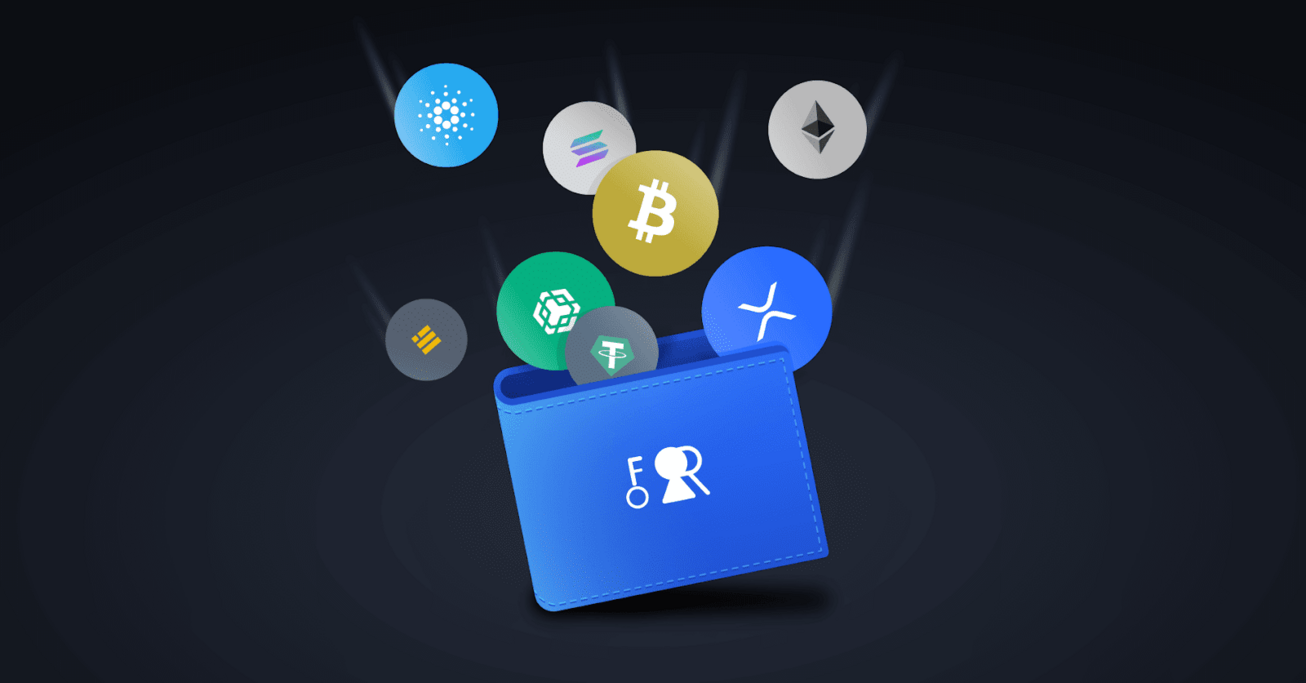In the world of cryptocurrencies, managing digital assets safely and efficiently is a priority for every investor. With numerous wallets available, trust wallet has emerged as one of the most popular and trusted options. This mobile-based wallet enables users to securely store, send, and receive a wide range of cryptocurrencies, offering both security and accessibility.
What is Trust Wallet?
Trust Wallet is a decentralized, non-custodial cryptocurrency wallet that allows users to manage their digital assets securely. It was founded in 2017 by Viktor Radchenko, who aimed to create an easy-to-use wallet for mobile users. Trust Wallet gained significant attention in 2018 when it was acquired by Binance, one of the world’s largest cryptocurrency exchanges. However, it remains a separate entity, with full control and access to the wallet retained by the user, maintaining its non-custodial nature.
Key Features of Trust Wallet
- Multi-Currency Support Trust Wallet supports over 160 different cryptocurrencies, including popular assets like Bitcoin (BTC), Ethereum (ETH), Binance Coin (BNB), and many ERC-20, BEP-2, and BEP-20 tokens. Additionally, it supports stablecoins such as Tether (USDT) and a range of other altcoins. This broad support ensures users can store a wide variety of tokens in one convenient location.
- Decentralized and Non-Custodial Trust Wallet is a non-custodial wallet, which means that users have full control over their private keys and funds. Unlike centralized platforms, there is no third-party holding your assets, reducing the risk of hacks or breaches that can occur with centralized exchanges. The private keys are stored locally on the user’s device, which means that only the user has access to their funds.
- Security and Privacy Trust Wallet is built with a focus on security. It uses advanced encryption to secure private keys and wallet data, ensuring that users’ assets are protected. Additionally, since the wallet does not require any personal information for setup, it provides an extra layer of privacy. Trust Wallet also supports biometric authentication (fingerprint or face recognition) and passcodes to add another layer of protection.
- Built-in DApp Browser Trust Wallet includes a decentralized application (DApp) browser, which allows users to interact with decentralized finance (DeFi) applications, games, and NFT marketplaces directly from the wallet. This enables users to participate in DeFi protocols and make transactions seamlessly without needing to leave the app.
- Cross-Platform Compatibility Trust Wallet is available on both iOS and Android devices, allowing users to manage their crypto assets on the go. The wallet’s user-friendly interface is designed to cater to both beginners and advanced users. It also allows for cross-platform syncing, so users can switch between devices while maintaining access to their wallets.
- Staking Features Trust Wallet allows users to stake certain cryptocurrencies directly within the app, including assets like Binance Coin (BNB), Cosmos (ATOM), and Tezos (XTZ). Staking allows users to earn rewards by helping secure the network, and Trust Wallet makes this process easy and accessible for those who want to passively earn from their holdings.
- WalletConnect Integration Trust Wallet offers WalletConnect, a protocol that enables users to connect their wallet to decentralized exchanges (DEXs) and DeFi apps from their desktop. This seamless integration makes it easier to trade and interact with various services while maintaining control of your private keys.
How to Set Up Trust Wallet
Setting up Trust Wallet is a straightforward process:
- Download the App: Begin by downloading Trust Wallet from the App Store (for iOS) or Google Play Store (for Android).
- Create a New Wallet or Import an Existing One: Once installed, you can either create a new wallet or import an existing one. If creating a new wallet, you’ll be given a 12-word recovery phrase. It’s critical to write this phrase down and store it in a secure location, as it is the only way to recover your wallet in case you lose access to your device.
- Set a Secure Passcode: For additional security, Trust Wallet allows you to set a passcode or enable biometric authentication (such as fingerprint or facial recognition) to secure access to the wallet.
- Start Adding Cryptocurrencies: After setting up your wallet, you can begin adding cryptocurrencies by receiving them directly from other users or by purchasing them through integrated services.
Advantages of Using Trust Wallet
- Decentralization: Trust Wallet’s non-custodial nature ensures that users have full control over their assets. This decentralized approach reduces the reliance on third parties and minimizes security risks.
- Ease of Use: Trust Wallet’s interface is designed to be user-friendly, making it accessible for both beginners and experienced crypto enthusiasts.
- Comprehensive Token Support: With support for a vast array of cryptocurrencies, tokens, and blockchain networks, Trust Wallet is a versatile solution for storing and managing assets.
- Security Features: Trust Wallet offers robust security, including private key encryption, biometric authentication, and the option to set a passcode.
Disadvantages of Trust Wallet
- Mobile-Only: Currently, Trust Wallet is only available as a mobile app for iOS and Android, limiting its use for those who prefer managing their assets on a desktop or laptop.
- No Desktop Version: While Trust Wallet integrates with WalletConnect for desktop use, it does not have a standalone desktop version, which some users might find limiting.
- Risk of Device Loss: Since private keys are stored locally on the user’s device, losing the device could lead to loss of access to funds if the recovery phrase is not backed up securely.
